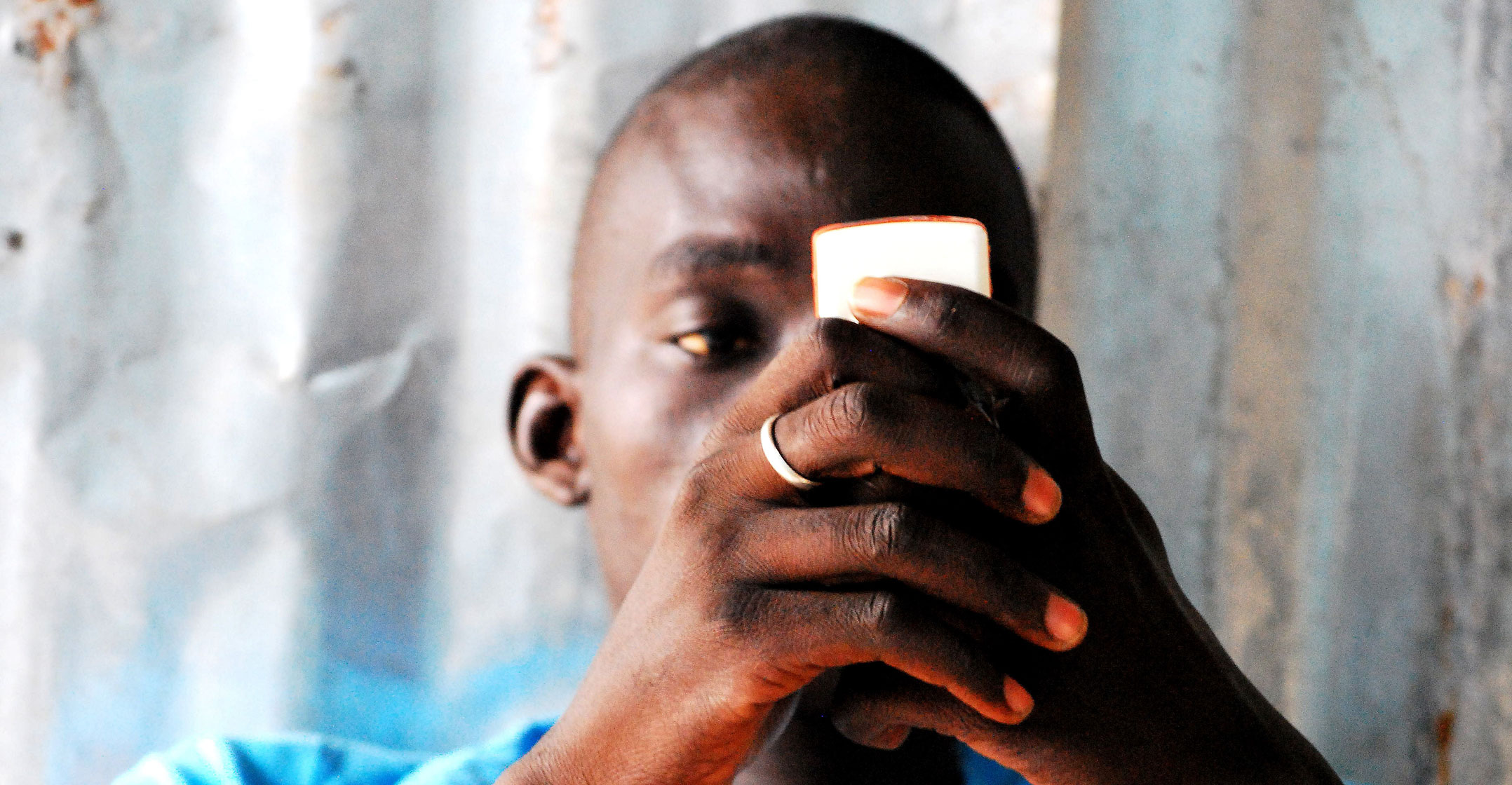 When Joyce Rejista ran out of money at a music festival, she found herself in a familiar fix for villagers across Malawi, needing cash in places where banks and ATMs are scarce.
When Joyce Rejista ran out of money at a music festival, she found herself in a familiar fix for villagers across Malawi, needing cash in places where banks and ATMs are scarce.
The obvious answer was a mobile money service run by telecommunications companies Airtel or TNM, which have leveraged widespread mobile phone networks to amass more account holders than Africa’s major banks.
But when Rejista, 28, tried a friend in Malawi’s commercial capital of Blantyre for help, he told her to sign up to a new Standard Bank service so he could send her the money.
After long-ignoring mobile money’s target market in favour of higher-income Africans who they can serve their more lucrative traditional products, Africa’s traditional banks are now looking to elbow their way into telco territory.
Since much of Africa’s population has limited access to financial services, the continent is one of the world’s most attractive banking opportunities as incomes rise.
While bank revenues dwarf those from mobile money, in terms of user numbers the latter is a clear winner. As telcos go after a growing number of banks’ revenue streams, they can no longer overlook their success.
Standard Bank, Africa’s largest lender by assets, is rolling out its mobile money-style product, called Unayo, across the continent and aims have it in all its markets by end-2023, Wally Fisher, the head of the service, said in an interview, adding it is also focused on bringing online services like lending.
Meaningful share
Unayo aims to win a meaningful share of the mobile money market in the near term and believes it can capture at least 1% of around US$90-billion in remittance and donor aid payments made every year in its markets as revenue, Fisher said. “It can very quickly result in quite a meaningful contribution to the bottom line in the next two to three years.”
In Malawi, fewer than 170 of every thousand adults has deposits in a bank account, whereas nearly 600 have a mobile money account, according to 2019 IMF statistics.
And across the continent, there were 548 million registered mobile money accounts in 2020, according to industry body, the GSMA.
While banks have looked to partner with telcos, marrying their licences and lending expertise with massive mobile networks, the operators are increasingly looking to offer lending, insurance, savings and more without their help, and ramped up efforts during the pandemic.
Orange got its own banking licence, while others partnered with smaller banks. MTN and Airtel can now collect deposits in Nigeria, which is Africa’s most populous country.
Making financial services accessible without traditional infrastructure is a key criteria for success
Banks are following their lead. Fisher said Standard Bank would pursue partnerships where they add value but was focused on building Unayo for now.
Nedbank is discussing partnerships but also looking to offer products itself where it sees opportunities, its head of retail transactional, forex and investments, Vanesha Palani, said.
While it only operates its mobile money-style offering in South Africa, Nedbank is looking to expand it across the continent in the near-term and enable new services like lending and cross-border remittances, Palani said.
Read: Standard Bank throws down the gauntlet to M-Pesa
But pursuing solo strategies too aggressively risks damaging the potential to forge partnerships critical to growth in many markets, head of card and payments for Absa’s regional operations, Vinolan David, said.
Nevertheless, the bank has now built its own standalone product and is planning to launch it in countries including Zambia, Tanzania, Ghana and Uganda in the coming months.

While partnerships still dominate, a growing number of banks are pursuing standalone strategies on mobile wallets and lending, said Francois Jurd de Girancourt, head of McKinsey’s financial institutions practice for Africa.
Making financial services accessible without traditional infrastructure is a key criteria for success.
As well as mobile phones, telcos recruit networks of “agents” — often small shops or street sellers — who can offer key services like cash-in or cash-out even in rural areas.
Unayo is building its own agent network, and has signed on more than 6 500 in Malawi, and over 50 000 users so far, Fisher said.
Nedbank is also looking to get small or informal traders on board. This also brings business banking opportunities that could make its mobile wallet a decent revenue generator, Palani added.
Absa’s David said its experience so far had shown the quickest route to user growth was partnering with a telco. Telcos already have huge numbers of unbanked people on their phone networks, access to unique data for lending and, in many countries, a head start.
Banks, on the other hand, can offer a wider range of services, face fewer limits on things like transaction size or frequency, and can leverage existing relationships, for instance getting a big business customer to pay wages via their wallets.
The winners will be those that can achieve scale and quickly roll out new products to meet customer needs, something mobile money providers have been good at, Jurd de Girancourt said.
“The jury is still out as to whether bank offerings are going to be sufficient … to really compete with the telcos.” — Frank Phiri and Emma Rumney, (c) 2021 Reuters

